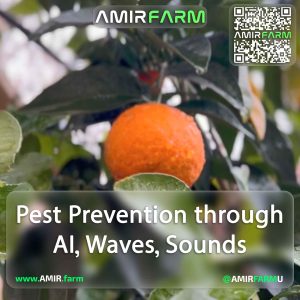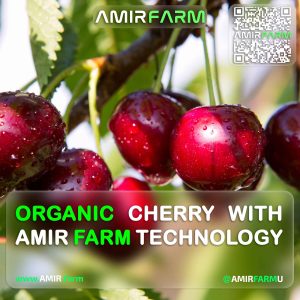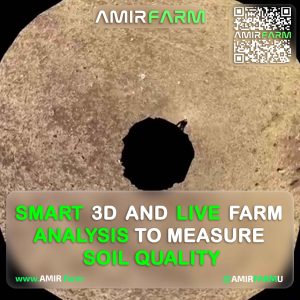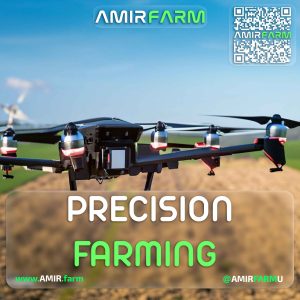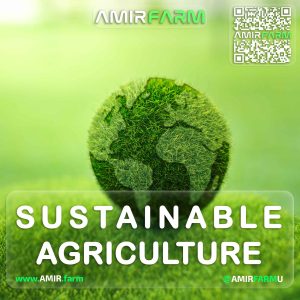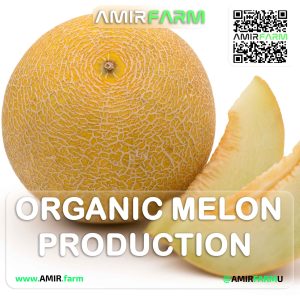Smart Farming with AI: Maximizing Crop Yield with AI Technology
Agriculture has been a vital part of human civilization since the beginning of time. It has been the backbone of human survival, providing food, fiber, and fuel. However, with the growing population and the increasing demand for food, the traditional farming methods are no longer sufficient to meet the needs of the world. This is where smart farming with AI technology comes into play.
Smart farming is the use of advanced technologies such as AI, IoT, and big data analytics to optimize agricultural production. AI technology has the potential to revolutionize the agriculture industry by providing farmers with real-time data and insights that can help them make informed decisions about their crops.
One of the most significant benefits of using AI technology in agriculture is the ability to maximize crop yield. AI algorithms can analyze data from various sources such as weather patterns, soil moisture levels, and crop growth rates to provide farmers with insights into the optimal time to plant, water, and harvest their crops. This information can help farmers make informed decisions about their farming practices, resulting in higher crop yields and increased profits.
AI technology can also help farmers reduce their environmental impact by optimizing their use of resources such as water and fertilizer. By analyzing data from sensors and other sources, AI algorithms can determine the optimal amount of water and fertilizer needed for each crop, reducing waste and minimizing the environmental impact of farming.
Another benefit of using AI technology in agriculture is the ability to detect and prevent crop diseases. AI algorithms can analyze data from sensors and other sources to identify early signs of disease or pest infestations. This information can help farmers take proactive measures to prevent the spread of disease and protect their crops from damage.
AI technology can also help farmers improve their overall efficiency by automating many of the manual tasks involved in farming. For example, AI-powered drones can be used to monitor crops and collect data on crop growth rates, soil moisture levels, and other factors. This information can be used to optimize farming practices and reduce the need for manual labor.
In addition to these benefits, AI technology can also help farmers reduce their costs by optimizing their use of resources and reducing waste. By analyzing data from various sources, AI algorithms can identify areas where resources are being wasted and provide recommendations for reducing waste and improving efficiency.
However, despite the many benefits of using AI technology in agriculture, there are also some challenges that need to be addressed. One of the biggest challenges is the cost of implementing AI technology. Many farmers may not have the resources to invest in the necessary technology and infrastructure to support AI-powered farming practices.
Another challenge is the need for data privacy and security. With the increasing use of IoT devices and other sensors in agriculture, there is a growing concern about the security of the data being collected. Farmers need to ensure that their data is secure and protected from unauthorized access.
In conclusion, smart farming with AI technology has the potential to revolutionize the agriculture industry by providing farmers with real-time data and insights that can help them make informed decisions about their crops. By maximizing crop yield, reducing environmental impact, detecting and preventing crop diseases, improving efficiency, and reducing costs, AI technology can help farmers meet the growing demand for food while also protecting the environment. However, to fully realize the benefits of AI-powered farming practices, farmers need to address the challenges of cost and data privacy and security.










